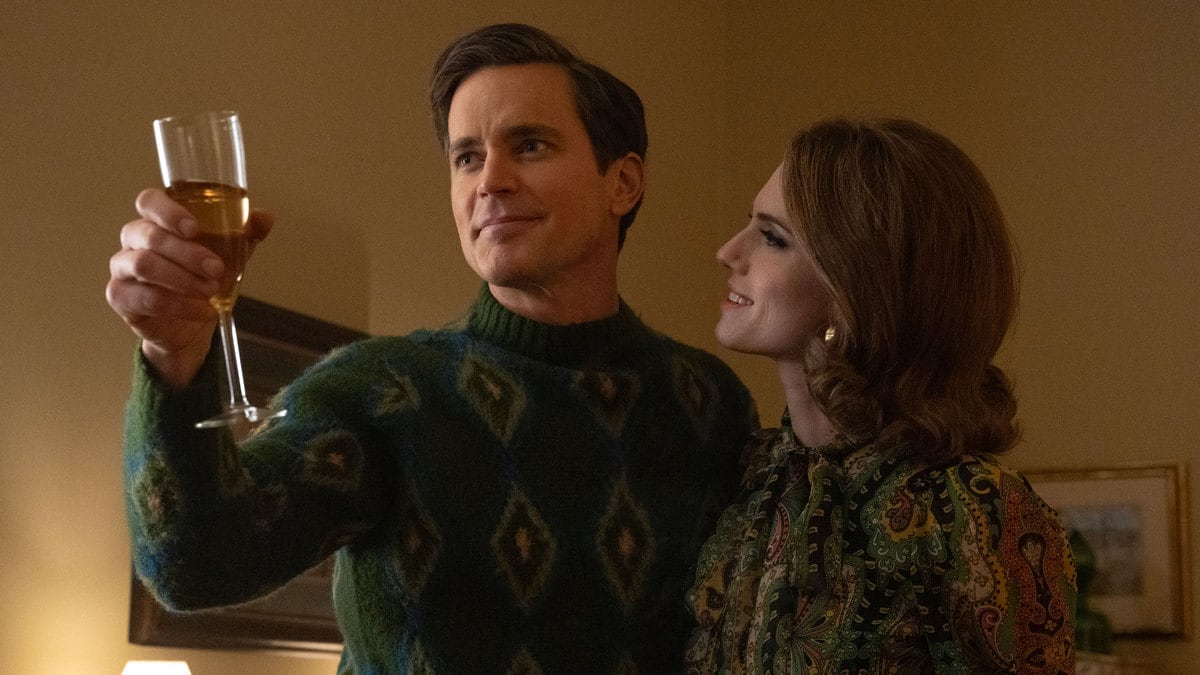The Steamy ‘Fellow Travelers’ Passion Is Sent Into Chaos by the Vietnam War
SPOILER ALERT!
In Episode 6, the central couple reunite in the late ’60s, when one is an anti-war activist on the lam and the other has a wife tired of playing second fiddle to a man.

Trending Now





